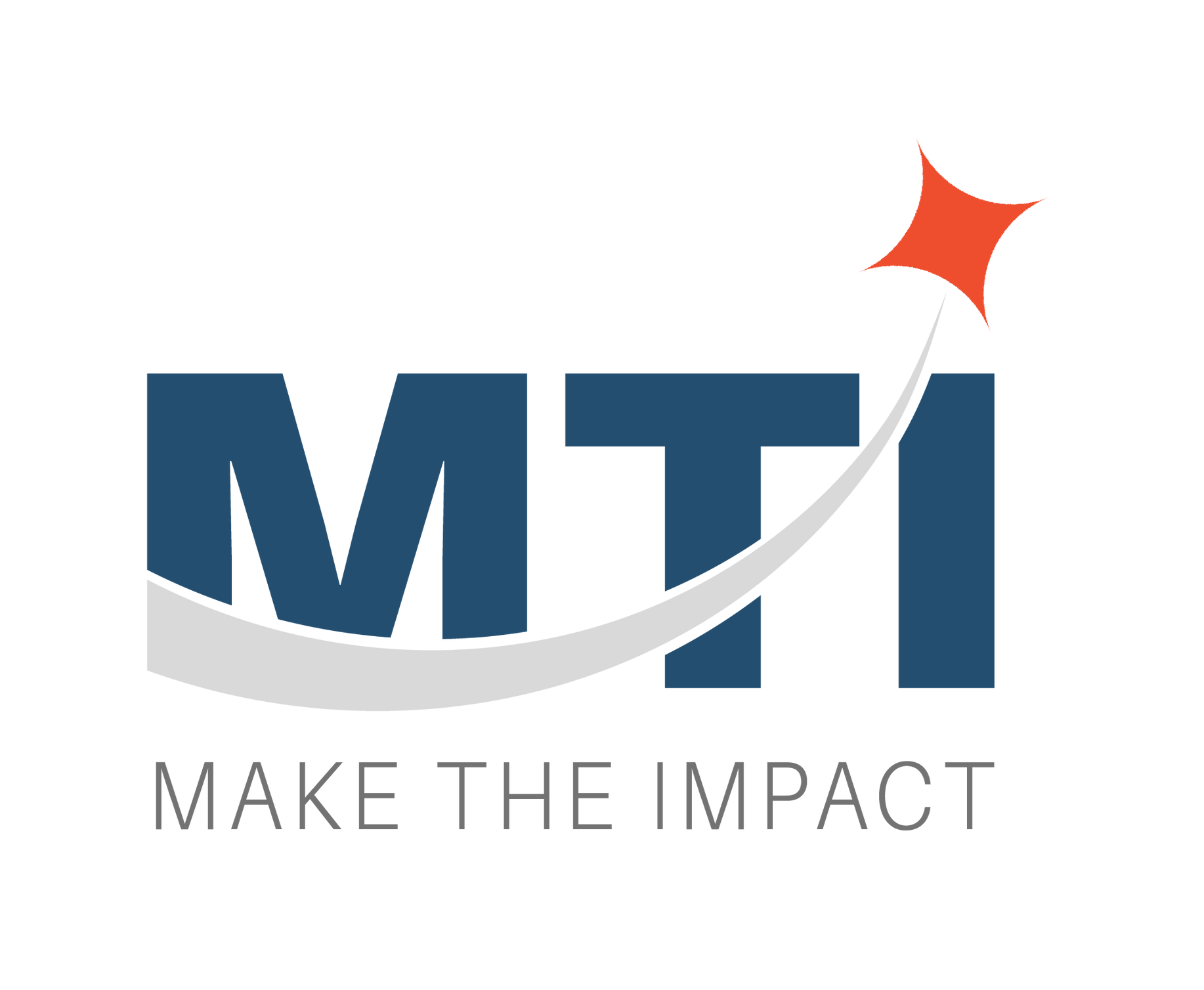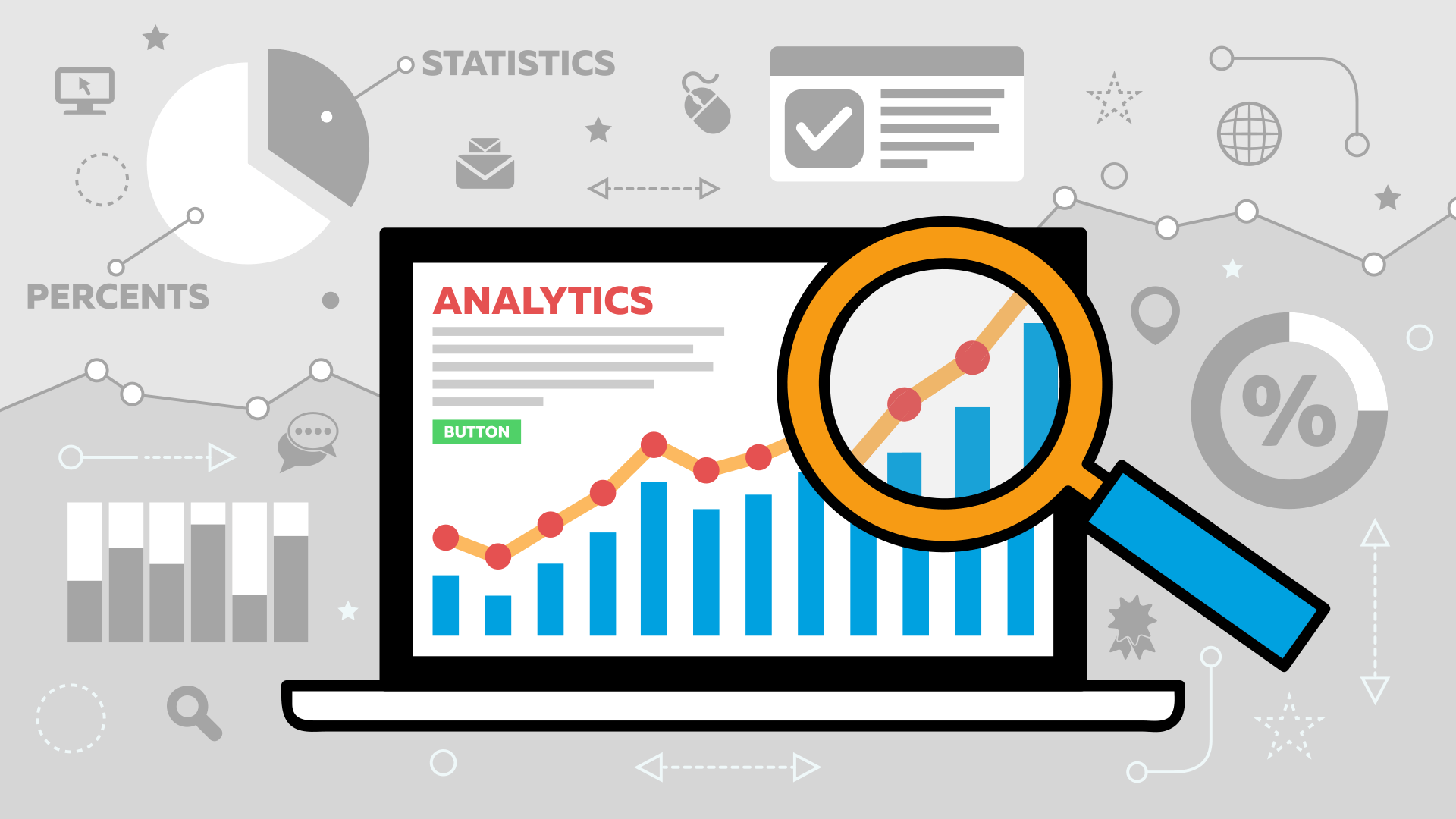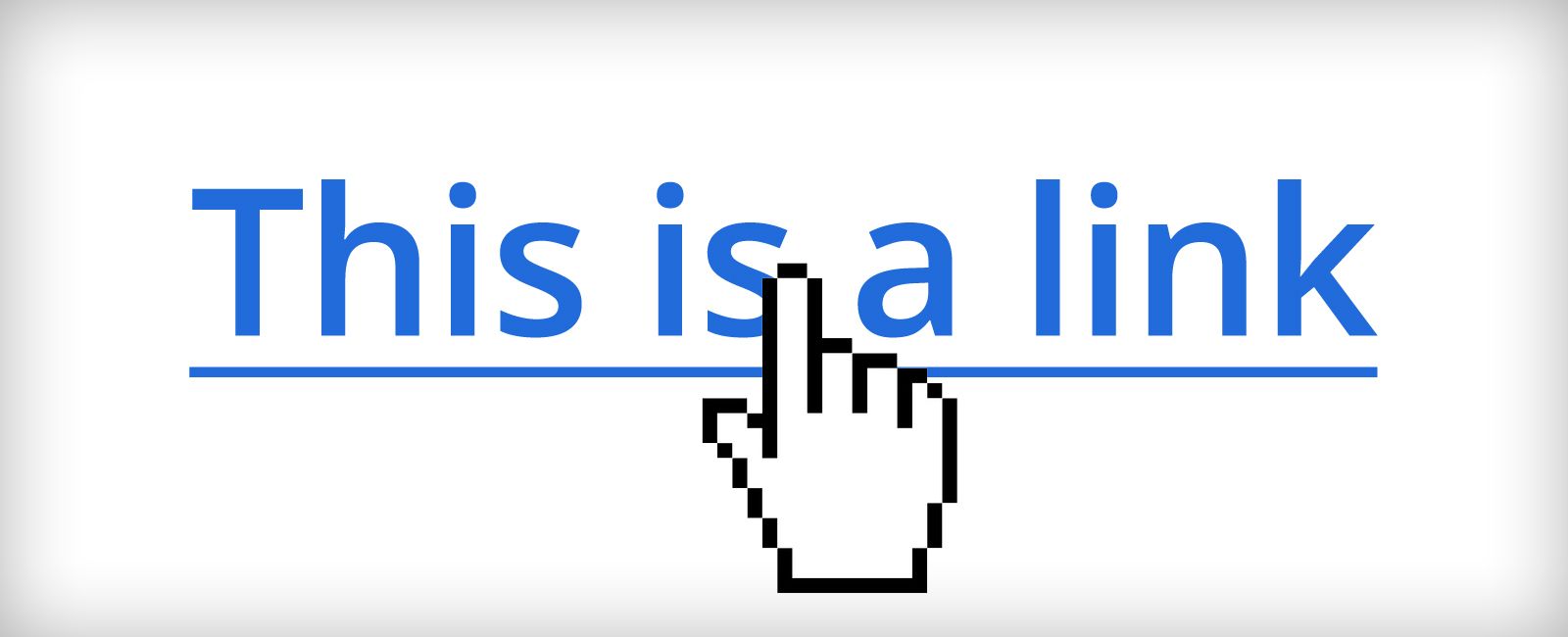SEO 101: The Basics of Search Engine Optimization
A Beginner's Guide To Understanding SEO

Ever wonder what SEO actually does for your website? Let's talk about the basics of Search Engine Optimization with SEO 101. In this blog, we'll break down the essential elements of SEO, why it matters, and how you can start using it to boost your website’s visibility. Whether you're a business owner, marketing professional, or just curious about creating a website, this guide is for you.
What is SEO?
Search Engine Optimization (SEO) is the process of improving your website so it ranks higher on search engine results pages (SERPs) like Google. The better your SEO, the more likely your site will appear at the top of the search results, driving more traffic to your website.
Why is SEO Important?
SEO is crucial because it:
- Increases visibility and organic (non-paid) traffic to your site.
- Builds credibility and trust with your audience.
- Enhances user experience, leading to higher engagement and conversions.
- Offers long-term benefits, keeping your site relevant and competitive.
How is SEO Measured?
SEO is measured by testing the strength of a website across a range of factors. Those factors include On-site SEO optimization, off-page backlinks, social media, performance, security, and more. If you want to test your website and see how it grades then check out Make The Impact's FREE SEO Audit. For now, let's take a closer look at the different factors that go into a website's SEO grade.
On-Page SEO
On-page SEO is all about optimizing individual pages on your website to rank higher and earn more relevant traffic.
Here’s what you need to focus on:
Keywords
- Research: Use tools like Google Keyword Planner to find relevant keywords.
- Placement: Incorporate these keywords naturally into your content, including headings, subheadings, and throughout the text.
Content Quality
- Relevant and Valuable: Ensure your content answers users' queries.
- Length: Longer content can rank better, but quality over quantity.
Meta Tags
- Title Tags: Include your primary keyword and make it compelling.
- Meta Descriptions: Summarize the page content with a call-to-action.
Headings
- Use Headings: Structure your content with H1, H2, H3 tags. This makes it easier for search engines and users to read.
Links
Links are essential in SEO as they signal to search engines that your site is trustworthy and authoritative.
Internal Links
- Navigation: Link to other relevant pages on your site. This helps users and search engines navigate your content.
External Links
- Quality Sources: Link to reputable websites. This can enhance your credibility.
- Backlinks: Aim to get other websites to link back to yours. This is one of the top factors search engines consider for ranking.
Usability
A website that's easy to use keeps visitors longer and reduces bounce rates, which is good for SEO.
Mobile-Friendly
- Responsive Design: Ensure your site works well on all devices.
- Fast Loading: Mobile users expect quick access. Use tools like Google PageSpeed Insights to test and improve loading times.
Easy Navigation
- Simple Menus: Clear, intuitive menus help users find what they need quickly.
- Readable Fonts: Use easy-to-read fonts and colors.
Performance
A fast, well-performing site keeps users happy and improves your SEO.
Speed
- Optimize Images: Use compressed images for faster loading.
- Minimize Code: Reduce the size of your CSS, JavaScript, and HTML.
Reliability
- Uptime: Ensure your site is always available. Downtime can hurt your SEO.
- Security: Use HTTPS to protect your users and improve trust.
Social Media
Social media activity can drive traffic to your site and enhance your SEO.
Engagement
- Share Content: Regularly post links to your content on social platforms.
- Interact: Engage with your audience through comments, shares, and likes.
Brand Awareness
- Consistency: Maintain a consistent brand voice and presence.
- Visuals: Use eye-catching images and videos.
Marketing Channel
- Campaigns: Run social media campaigns to boost visibility.
- Tracking: Use analytics to measure the success of your efforts.
SEO is a multifaceted process that involves optimizing various aspects of your website to improve its ranking on search engines. By focusing on on-page SEO, building quality links, ensuring usability, enhancing performance, and leveraging social media, you can significantly boost your site's visibility and traffic.
Want to see how your website stacks up? Get a free SEO audit today and start improving your site's performance. Contact Make The Impact for a free consultation and see how we can help your business grow through effective SEO strategies.








